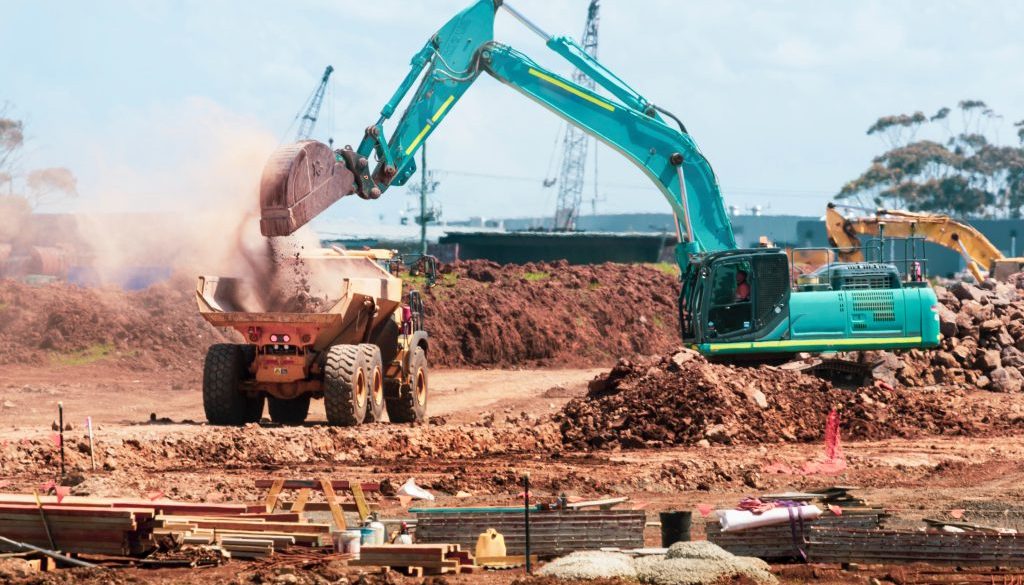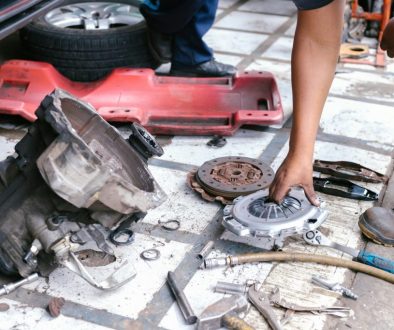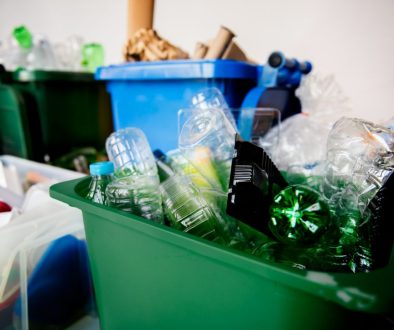Construction and renovation projects tend to generate a great deal of waste, including bricks, concrete, metal, and other materials that need to be disposed of correctly. Proper waste management is essential for the environment and a legal requirement in the United Kingdom.
Skips are one of the most effective ways to manage construction site waste. This article will discuss the factors to consider when choosing the best skips for construction site waste.
Types of Skips
The first step in choosing the best skips for your construction site waste is understanding the different types available. These include:
1. Open Skips: These are the most common type of skips used in the construction industry. They are open at the top and easily loaded with waste materials. Open skips come in sizes ranging from 2 to 40 cubic yards.
2. Enclosed Skips: These have a lid or cover, making them suitable for storing waste materials that may cause environmental pollution or emit unpleasant odours. Enclosed skips are ideal for construction sites handling hazardous waste, such as asbestos or chemicals.
3. Roll-on Roll-off (RORO) Skips: Large, open-top skips are designed to handle large amounts of waste. RORO skips are ideal for construction sites that generate significant waste and require frequent waste removal.
Size of the Skips
The size of the skip that you choose for your construction site waste will depend on the amount of waste generated, and also the space available for the skip to be placed. You should consider the following factors when deciding on the size of your skips:
1. Estimate the volume of waste: Before ordering a skip, estimating the amount of waste your construction site will generate is crucial. This will help you determine the appropriate size of the skip to hire.
2. Space constraints: The skip size should also be determined by the space available on your construction site. Ensure enough space for the skip to be delivered, placed, and collected by the skip provider.
3. Frequency of waste removal: If your construction site generates waste continuously, you may require a larger skip, or even multiple skips to accommodate the waste materials. Conversely, a smaller skip may suffice if waste generation is sporadic or limited.
Materials to be Disposed of
The type of waste materials your construction site produces will also influence the skip you need. For instance, if your site generates heavy materials such as bricks, concrete, and soil, you will require a sturdy skip with a smaller capacity to bear the weight.
On the other hand, if your site generates lighter waste materials, such as wood, plastic, and insulation, you can opt for a larger skip with a higher capacity.
Waste Disposal Regulations
When choosing a skip for your construction site waste, it is essential to be aware of the waste disposal regulations in the United Kingdom. These regulations stipulate the types of waste materials that can be disposed of in a skip and how they should be segregated.
For example, hazardous waste materials, such as asbestos, batteries, and chemicals, must be disposed of separately from other waste materials. Ensure your skip provider is familiar with these regulations and can guide you on the correct disposal procedures.
Why it’s Important to Get Skips for Construction Site Waste
Ensuring a Safe Working Environment
First and foremost, skips help maintain a safe working environment by removing potential hazards from the construction site. Waste materials can cause accidents if not properly managed.
For example, sharp objects like nails or broken glass can lead to injuries, while large piles of debris can obstruct walkways and cause trips or falls. By providing a designated space for waste disposal, skips help minimise the risk of accidents and injuries, ensuring the safety of workers and visitors’ safety.
Efficient Use of Space
Construction sites can often be cramped and crowded, with limited space for different activities. A large pile of waste materials can take up valuable space, making it difficult for workers to move around or access the necessary tools and materials.
By using skips to contain waste materials, you can free up space on the site, allowing for more efficient use of available space and smoother operations.
Easier Waste Management
One of the primary benefits of getting skips for construction site waste is that it makes waste management much more straightforward. Instead of sorting through piles of waste to separate recyclables, non-recyclables, and hazardous materials, workers can dispose of waste in the appropriate skip.
This saves time and helps ensure that waste is disposed of correctly, reducing the risk of environmental contamination or fines for improper waste disposal.
Reduced Carbon Footprint
Construction projects can have a significant environmental impact, and waste management is essential to reducing that impact. By hiring skips for construction site waste, you can ensure that waste materials are transported efficiently and disposed of responsibly, helping to reduce your project’s carbon footprint.
Many skip hire companies also offer recycling services, which can further contribute to reducing the environmental impact of your construction project.
Cost-Effective Waste Disposal
Hiring skips for construction site waste can be a cost-effective solution for waste disposal. Instead of paying for multiple waste collection services or transporting waste to a disposal facility, you can hire a skip and arrange for it to be collected when it’s full. This can save you both time and money in the long run and help keep your project on budget.
Compliance with Waste Disposal Regulations
In the UK, construction companies must comply with strict waste disposal regulations, including the requirement to have a waste management plan in place. Hiring skips for construction site waste can help you meet these requirements by providing a convenient and effective waste disposal solution.
Additionally, working with a reputable skip hire company can ensure your waste is disposed of in compliance with relevant regulations, helping you avoid potential fines or penalties.
Enhancing Your Company’s Reputation
Lastly, using skips to manage construction site waste effectively can help enhance your company’s reputation.
Demonstrating a commitment to safety, efficiency, and environmental responsibility can attract more clients and set your business apart from competitors. This can lead to increased business opportunities and help you establish a strong reputation in the construction industry.
Conclusion
Choosing the best skips for your construction site waste is crucial for efficient waste management and compliance with the legal requirements in the United Kingdom.
By considering the factors mentioned above, you can ensure that you select the most suitable skips for your construction site needs.
Remember, a well-managed construction site contributes to a cleaner environment and enhances your project’s overall productivity and safety.
If you want to hire a skip, you’re in the right place. Enviro Skip Hire is a family-run skip hire and aggregate company servicing Staffordshire. Check out our wide range of skip sizes and aggregates. Contact us today to get started and learn more!




